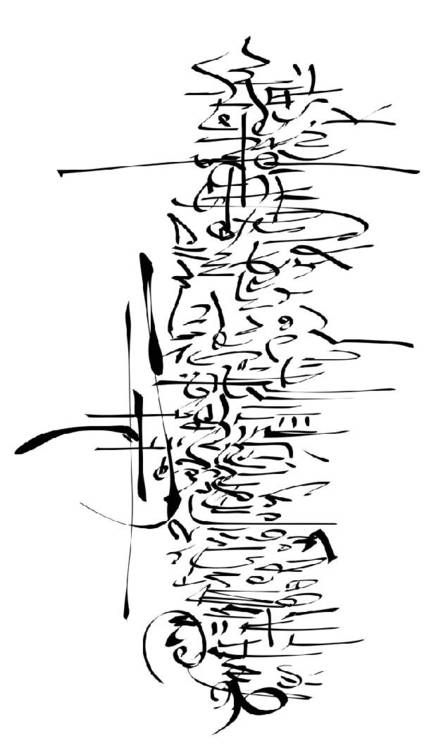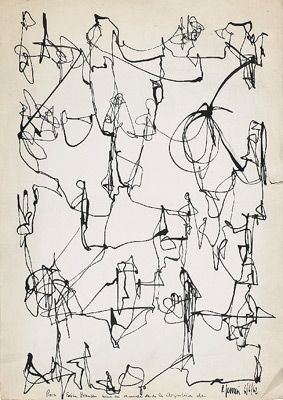Old Words
Be cursed the lips that lie.
If there ever was a name for the Old Words it has been forgotten but its probably for the best, many say in a language so heavy with power what power could name it. Little is known about the language, its geographic origin seems to center in Orori but many examples of the language can be found on distant islands that seem to never have been crossed to before. Also confusing many scholars its lack of written cohesion. There are seventeen known alphabets used to describe the language each though consist of the name vocal structures and patterns. Though dialects emerge the language is seen to only have changed in very resent years. Many believe the Old Words is the language of the gods this puts to rest for many its anthropological gaps
Writing System
The letters presently used to describe the language sounds are r f l v n j s h m x z k o a i e, since Selsesi is the daughter language it's often used to translate the transient sounds. The actual sound combinations made in the original language probably number in the hundreds.
Geographical Distribution
It's believed by many that if the Old Words where tracked one could see the world created bit by bit. This being said many maintain that Orori can't have been the first island for this reason as older forms of the language can be found on the islands near the treasure mouth. Leadings many to believe that is where the gods live and the entrances to other worlds begin and these theories are never disproven as no one comes back from the journey.
Morphology
"I was once told the Old Words can become long slurred beasts but as a child I always saw the simple beauty in them since in reality each sound has a meaning then each sound combination changes that meaning. It seemed to me then that each word was painted in colorful strokes. It reminded me of watching the street painters when you could see the picture long before it took shape." Moreh Gushi the Lauded of SemesMany disagree on whether the Old Words are truly words since the many written forms all very there are many in which the language is written without ending or in a circular pattern. In its most common form it's written as a string of sounds that only truly make sense when spoken aloud as they have so indicators of pause or breath it's almost impossible without the natural use of speech to tell what or where things begin and end. To this end the Old Words are most commonly known in phrases instead of completely.
Syntax
Sentence structure doesn't seem to truly dominate the language though there are common patterns there is no sentence order that demonstrates right or wrong use of the language. Oe of the reasons the Old Words are no longer used commonly is because so much of the language relies on the intensions of the speaker and a clear understanding of their meaning. Many scholars wonder how this language would be commonly used as so much of it relies on an understanding of the individual using it. Common theory holds that the population using it did not encounter or often have many people but this theory that fits the language does not seem to hold to harder proofs and there is no understanding of formal sound groupings at all. Though the only stop sound in the language (k) is often noted as a formal tone or noting a power of some sort.
Vocabulary
The most commonly used root word is fol, today it simply means to many Fae and the word Fae can be traced to its origins in Fol. It is most commonly seen in the word Folkain the religion of Fae worship as the children of gods.
Phonetics
There is no place in the mouth that the Old Words doesn't use and homewards seem to even use places we no longer have. But these sounds seem to be mostly in the oldest parts of the root dialect. Today the Old Words have lost much of their original sounds making the language we have problematic and the sounds limited.
Sample script found on Skopos dates back to the time before beginning also called the Age of Isolation before the Age of War. Though far from their earliest script it is the earliest confirmed sample on Skopos and seen in many academic circles as the easiest form they have found and confirmed. Remarked upon for its lack of stop point the script has only been partially translated and the piece shown is in fact only a small copy of a much larger work. Unlike the other image which was found as a complete piece and that dates back less than two centuries and is need by many as simply a beautiful fake. Some have their daughter though as the piece seems to be as complex and with a full understanding of the language as any yet able in modern day academia. Found in Mandor(Orori).




Comments